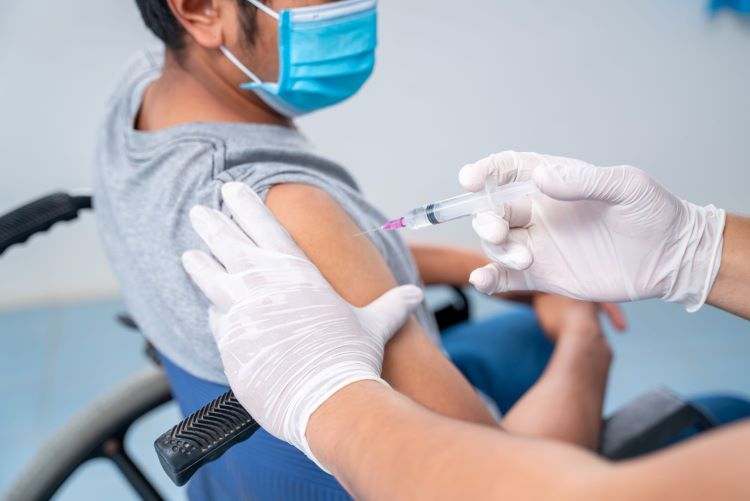Bristol Myers Squibb aims to improve disability diversity in clinical trials
Posted: 1 August 2022 | Caroline Peachey (European Pharmaceutical Review) | No comments yet
Bristol Myers Squibb is collaborating with non-profit organisation Disability Solutions on an initiative to increase diversity in clinical trials.


Dubbed Disability Diversity in Clinical Trials (DDiCT), the initiative aims to provide recommendations on how to improve access, engagement, speed of enrolment and participation of people with disabilities in clinical trials. The goal is to “ensure all patient groups are reflective of the real-world population and aligned with the epidemiology of the disease studies,” a statement said.
The DDiCT project will be co-led by Bristol Myers Squibb (BMS)’s Disability Advancement Workplace Network (DAWN) and the Global Drug Development Team.
“People with disabilities are omitted from conversations about diversity and inclusion, despite being the largest underrepresented group in the world and the only underrepresented group anyone can join at any given moment. Therefore, it is essential that we broaden the scope of medical trials and research,” commented Tinamarie Duff, DAWN Global People & Business Resource Group Lead.
Common clinical trial practices exclude up to a quarter of the US population based on disability status, according to BMS.
A study published in the Journal of the American Medical Association found that 12.4 percent of people with intellectual or developmental disabilities and 1.8 percent of those with physical disabilities failed to be included in 338 late-stage clinical trials due to explicit exclusion criteria. The 2018 study of Phase III and IV clinical trials also identified additional barriers for disability diversity, including inaccessible trial sites, medical equipment and “ableist” biases.
“The long-term goal of our DDiCT programme is to develop and pilot trials that are accessible to the widest variety of patients,” added Dr Samit Hirawat, Executive Vice President and Chief Medical Officer, Global Drug Development, Bristol Myers Squibb.
The DDiCT initiative aligns with the pharmaceutical company’s broader diversity and inclusion goals for 2020-2025, which aim to address health disparities, clinical trial diversity, supplier diversity, employee giving and workforce representation.
Efforts to improve clinical trial diversity are ongoing. The US Food and Drug Administration (FDA) recently published a new draft guidance to support companies in enrolling more ethnically diverse trial populations.
However, in May a congressionally-mandated report from the US National Academies of Sciences, Engineering, and Medicine called for ‘urgent actions’ to improve underrepresented populations in clinical trials and research.
The report found there has been progress on representation of women in clinical trials and research. However, it has largely stalled on participation of racial and ethnic minority population groups. Older adults, pregnant and lactating individuals, LGBTQIA+ populations, and people with disabilities also remain underrepresented and even excluded from clinical trials and research.
“While we all bear the cost of excluding women, racial and ethnic minority groups, LGBTQIA+ populations, people with disabilities, older adults, and pregnant and lactating individuals from clinical trials, the populations left out of research bear the greatest cost, as they may lose out on benefiting from the United States’ substantial investment in scientific advancement and may be deprived of access to novel treatments,” said Victor Dzau, President of the National Academy of Medicine. “All stakeholders in the research enterprise must take committed and accountable actions in order for our country to have a diverse, inclusive clinical research portfolio.”
Related topics
Clinical Development, Clinical Trials, Drug Development, Drug Safety, Regulation & Legislation









